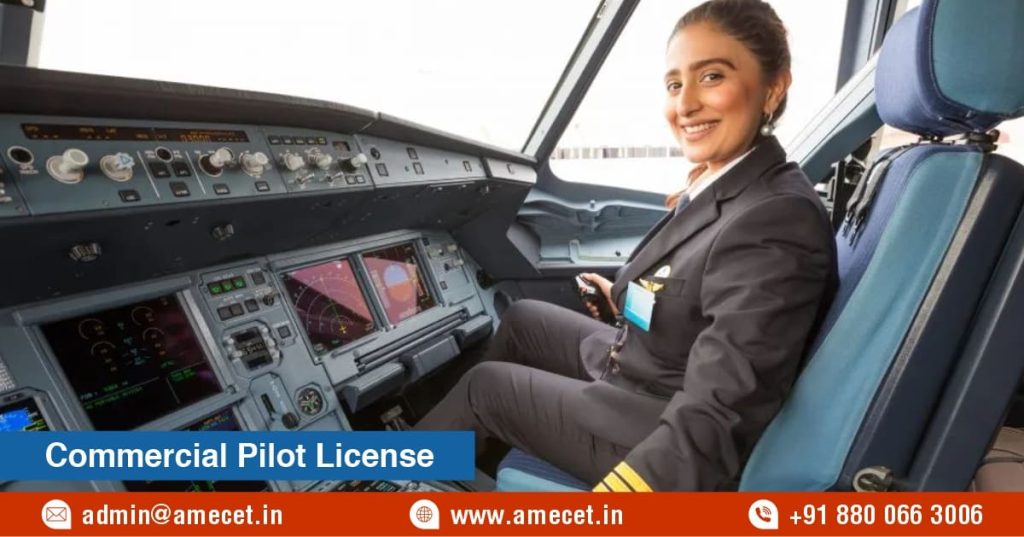What Are the Requirements for a CPL?
Posted on : 23 August, 2024 12:16 pm
To obtain a Commercial Pilot License (CPL), candidates must meet several key requirements. First, they need to hold a valid Private Pilot License (PPL). They must complete a minimum number of flight hours, including both solo and dual training, and pass a series of written and practical exams. A Class 1 medical certificate is required to ensure the candidate meets health standards. Additionally, applicants must undergo specific flight training to develop advanced piloting skills and knowledge essential for commercial operations.
Written Examinations
Written examinations are a critical component of obtaining a Commercial Pilot License (CPL). These tests assess a candidate’s knowledge of aviation principles, regulations, and procedures. The exams cover topics such as navigation, meteorology, and aircraft systems. Successfully passing these exams demonstrates a thorough understanding of the theoretical knowledge required for safe and effective commercial flying.
Points:
- Navigation: Understanding charts and flight planning.
- Meteorology: Knowledge of weather patterns and phenomena.
- Aircraft Systems: Familiarity with aircraft components and functions.
- Regulations: Comprehension of aviation laws and standards.
- Flight Planning: Skills in planning and calculating flight routes.
- Human Factors: Understanding pilot physiology and decision-making.
- Performance: Knowledge of aircraft performance calculations.
- Emergency Procedures: Awareness of emergency protocols and responses.
Practical Flight Tests
Practical flight tests are essential for obtaining a Commercial Pilot License (CPL), evaluating a candidate’s ability to perform under real flying conditions. These tests assess skills in various maneuvers, including takeoffs, landings, and emergency procedures. Candidates must demonstrate proficiency, safety awareness, and decision-making capabilities. Successfully passing these tests ensures that the pilot can handle complex flight scenarios and meet commercial flying standards.
Points:
- Maneuver Execution: Performing standard flight maneuvers accurately.
- Takeoff and Landing: Demonstrating proficiency in different types of takeoffs and landings.
- Emergency Procedures: Handling simulated in-flight emergencies effectively.
- Navigation Skills: Executing accurate flight navigation and route adjustments.
- Aircraft Handling: Managing aircraft controls smoothly and efficiently.
- Flight Planning: Developing and executing a detailed flight plan.
- Decision-Making: Making sound decisions under pressure.
- Communication: Effectively communicating with air traffic control and crew.
Medical Certification
Medical certification is a crucial requirement for obtaining a Commercial Pilot License (CPL). Candidates must secure a Class 1 medical certificate to ensure they meet the health standards necessary for commercial flying. This certification verifies that pilots are free from medical conditions that could impair their ability to operate an aircraft safely. The medical examination covers vision, hearing, cardiovascular health, and overall physical fitness.
Points:
- Vision: Testing for visual acuity and color vision.
- Hearing: Assessing the ability to hear and comprehend communications.
- Cardiovascular Health: Evaluating heart health and circulation.
- Neurological Health: Ensuring no neurological impairments.
- Respiratory Function: Checking lung function and respiratory health.
- Overall Fitness: Assessing general physical condition and endurance.
- Medical History: Reviewing past medical conditions and treatments.
- Regular Check-Ups: Requirement for ongoing medical evaluations and renewals.

